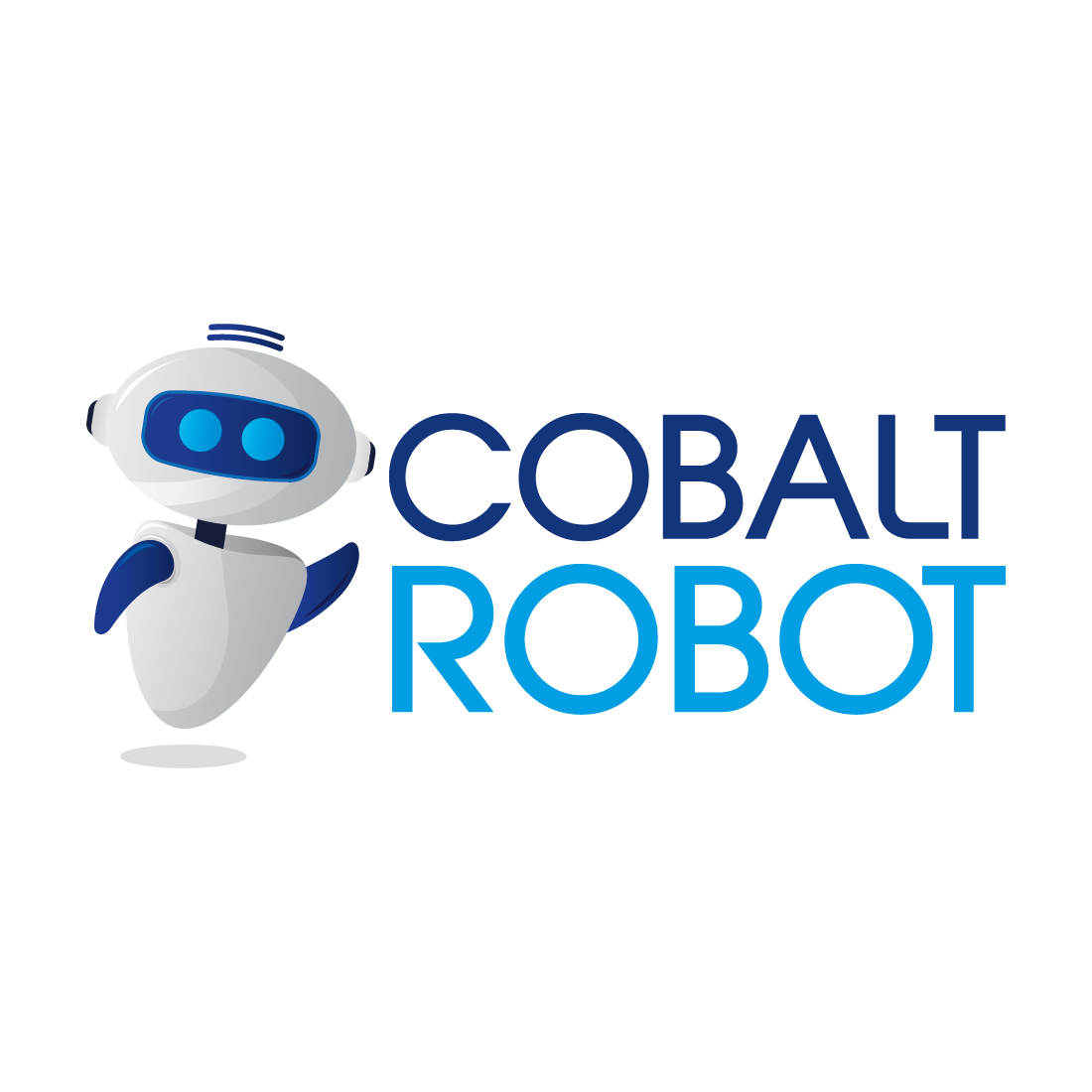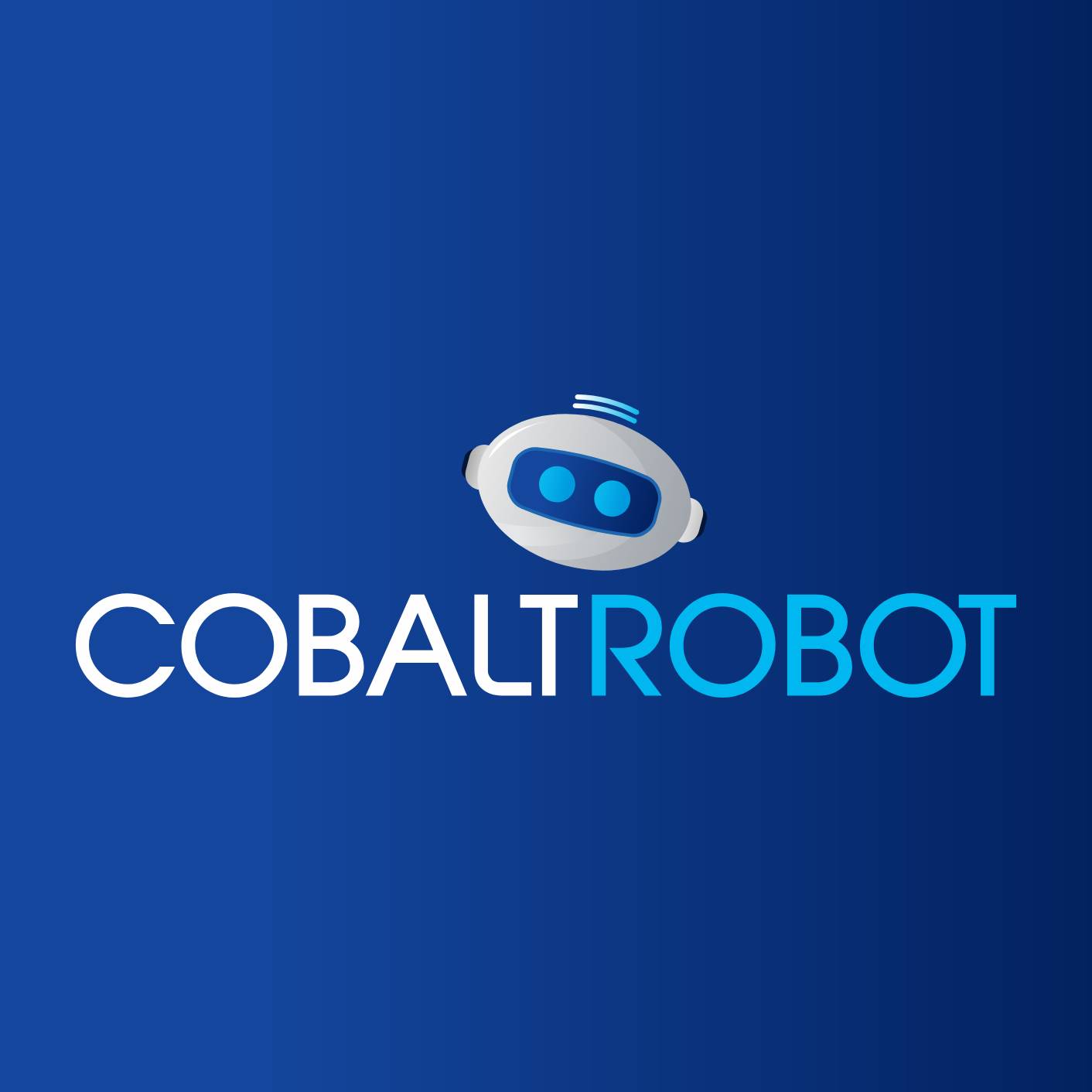Artificial intelligence is no longer a futuristic concept. It’s right here, actively shaping how we work, live, and interact daily. Among the many advancements AI brings, one stands out as a game-changer across industries and functions—the AI Agent. You’ve likely heard the term before, but what exactly is an AI Agent, and why should you pay attention?
Whether you’re a business leader looking to innovate or someone curious about the potential of artificial intelligence, this blog will break down AI Agents’ capabilities, benefits, and possibilities. By the end, you’ll not only know what they are but why they’ve become indispensable in today’s tech-integrated world.
What Are AI Agents?
At their core, AI Agents are intelligent systems designed to perform tasks autonomously or semi-autonomously. They can listen, predict, execute, adapt, and even learn from feedback to get better over time. These agents often operate in various environments, such as enterprise software, digital assistants, and more.
There are several types of AI Agents, each catering to specific needs.
Types of AI Agents
- Reactive Agents
-
- Focus solely on current tasks without memory of past actions.
- Best used for straightforward tasks like responding to customer queries.
- Learning Agents
-
- Can adapt and improve based on feedback and new data.
- Examples include machine-learning-powered recommendation systems that evolve based on user behavior.
- Collaborative Agents
-
- Work alongside humans or other AI systems to achieve shared goals.
- Examples include AI tools in project management, like Trello AI integrations.
- Goal-Oriented Agents
-
- Operate with a predefined objective and evaluate multiple steps to achieve it efficiently.
- Think of AI-powered navigation apps that plot the fastest route based on real-time traffic data.
AI Agents are embedded in our tools, from digital assistants like Siri and Alexa to predictive systems tackling supply-chain management.
The Benefits of AI Agents
Still wondering why you or your organization needs an AI Agent? Here’s an in-depth look at their advantages.
1. Improved Efficiency
AI Agents handle repetitive and time-consuming tasks with ease. They save hours of manual work and allow individuals and teams to focus on high-priority objectives. For example, chatbots resolve customer queries in minutes, reducing dependency on live representatives.
2. Smarter Decision-Making
AI Agents analyze vast amounts of data rapidly, uncovering insights humans might miss. By leveraging data-driven decision-making, businesses can strategize more effectively. Take Netflix’s AI-powered recommendation engines, which examine viewing history to offer personalized content suggestions.
3. Personalization
With advanced learning capabilities, AI Agents deliver highly personalized experiences. From marketing campaigns tailored to individual user preferences to shopping recommendations that feel intuitive, personalization boosts engagement and customer satisfaction.
4. Cost Savings
Integrating AI Agents into operations often reduces the need for extensive human resources or reduces errors that could lead to revenue loss, ensuring sustainable growth in the long term.
Real-World Use Cases of AI Agents
What can AI Agents actually do? Below are some examples of their impactful applications across industries.
Healthcare
AI Agents in healthcare assist with patient diagnosis, recommend treatment plans, and streamline administrative tasks. IBM Watson, for example, analyzes patient data to suggest optimal cancer treatment plans.
Retail
Retailers use AI Agents to predict inventory demands, recommend products, and improve customer experience through chatbots and dynamic pricing strategies. Amazon’s Alexa, for instance, assists shoppers in managing their purchases.
Finance
AI Agents aid in fraud detection by analyzing transaction patterns, help consumers make smarter financial decisions, and automate portfolio management. Apps like Mint use AI-based tools to recommend budgeting strategies.
Customer Service
From answering FAQs to handling complaints, AI-powered chatbots like Zendesk or Drift revolutionize customer support by reducing wait times while improving query resolution accuracy.
Supply Chain
AI Agents efficiently manage supply chain logistics, ensuring optimal stock levels and delivery schedules. DHL employs AI to offer predictive analytics for supply-chain disruptions.
Challenges and Considerations
Despite the impressive benefits, leveraging AI Agents comes with challenges that businesses and users need to address.
Data Security and Privacy
AI Agents operate by analyzing vast amounts of user and company data, making privacy a significant concern. Implementing robust security measures is critical to ensure compliance with data protection laws and standards.
Job Displacement
Automation, driven by AI Agents, can replace manual roles, raising concerns about job loss in some sectors. However, it’s vital to look at how this automation can free employees to take on more creative or strategic responsibilities.
High Initial Costs
AI Agent development and deployment can involve considerable investment initially. However, the long-term gains from efficiency and operational cost reduction often make it a worthwhile expense.
Lack of Transparency
Certain AI systems operate as “black boxes,” where users can’t see how decisions are made. This lack of transparency can sometimes result in less trust in AI recommendations.
Future Trends in AI Agents
The current possibilities are just the tip of the iceberg. Here’s what the future might hold for AI Agents.
Greater Collaboration Between Humans and AI
AI will not replace humans but supplement their abilities further, enabling more effective collaboration. For instance, conversational AI tools may evolve into co-workers that seamlessly align with your workflow.
Advanced Emotion Recognition
Future AI Agents could recognize and adapt to human emotions, enabling deeper personalization. Imagine a virtual assistant responding to your tone of voice to detect stress and adjusting accordingly.
Universal Integration
AI Agents in the future are likely to become key players in broader ecosystems, integrating smart homes, cities, and businesses into cohesive, connected environments.
Ethical and Transparent AI
The demand for explainable and ethical AI will rise, pushing stricter emphasis on creating transparent, bias-free systems.
Unlock the Potential of AI Agents in Your Business
AI Agents are set to redefine how we interact with technology and approach problem-solving. With their ability to improve efficiency, provide smarter insights, and deliver personalized experiences, they are a must-have for individuals and businesses alike.
However, adopting AI systems successfully requires understanding their capabilities, addressing potential challenges, and staying informed about future advancements.
Whether you’re considering AI Agent development for optimizing personal workflows or transforming enterprise functions, now is the time to act.
Take the first step into the future of intelligent systems today.


